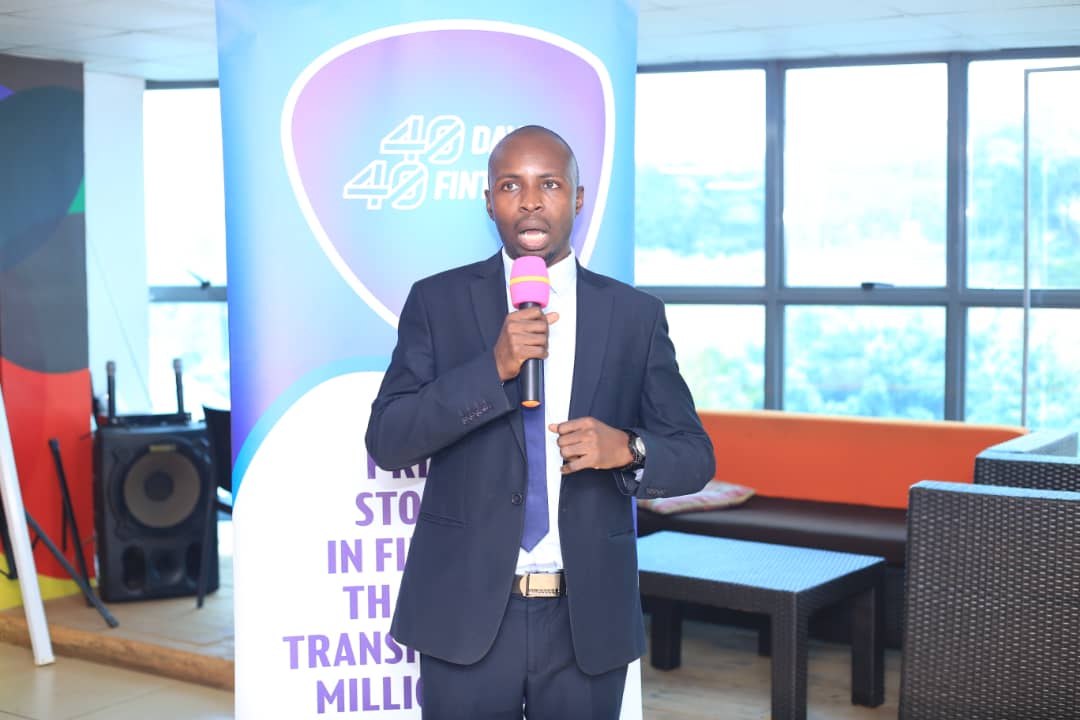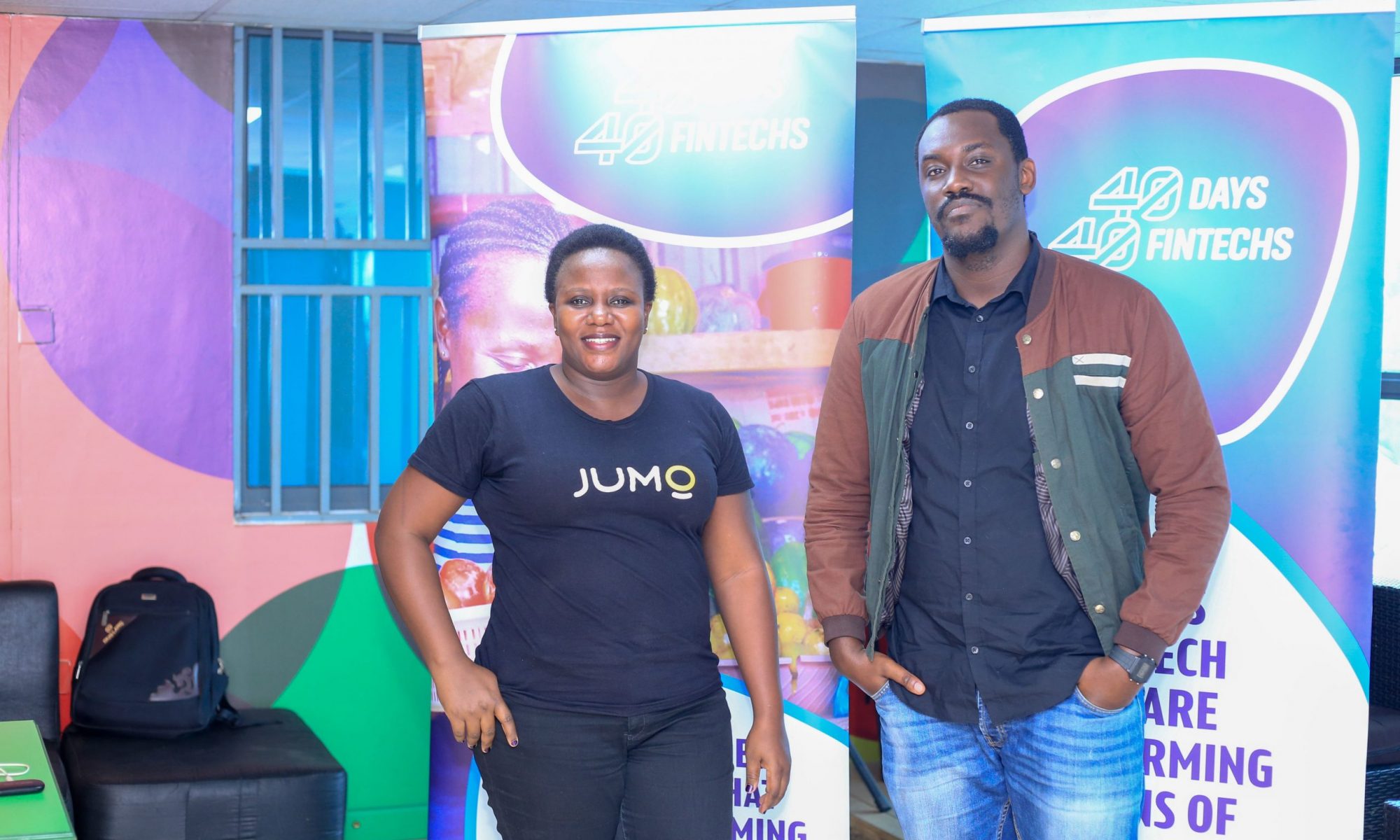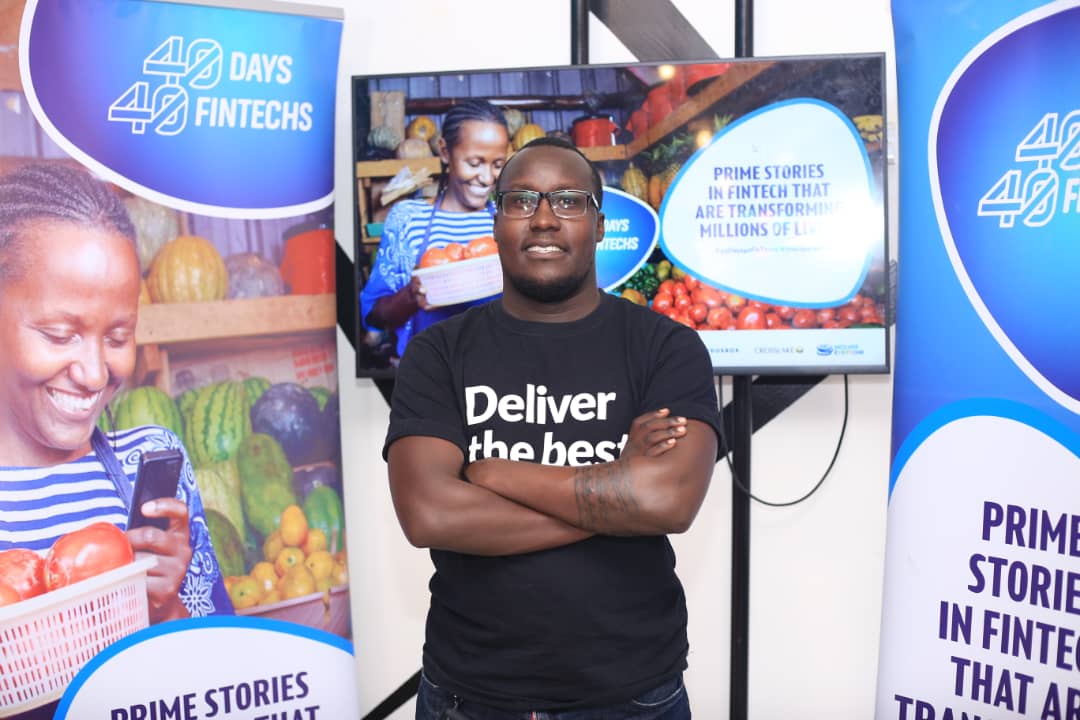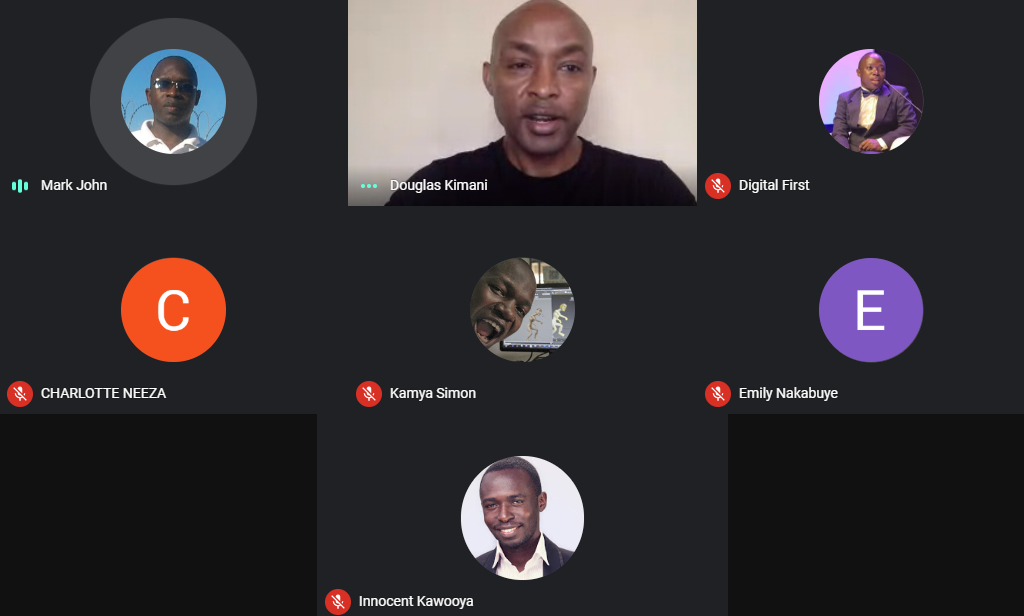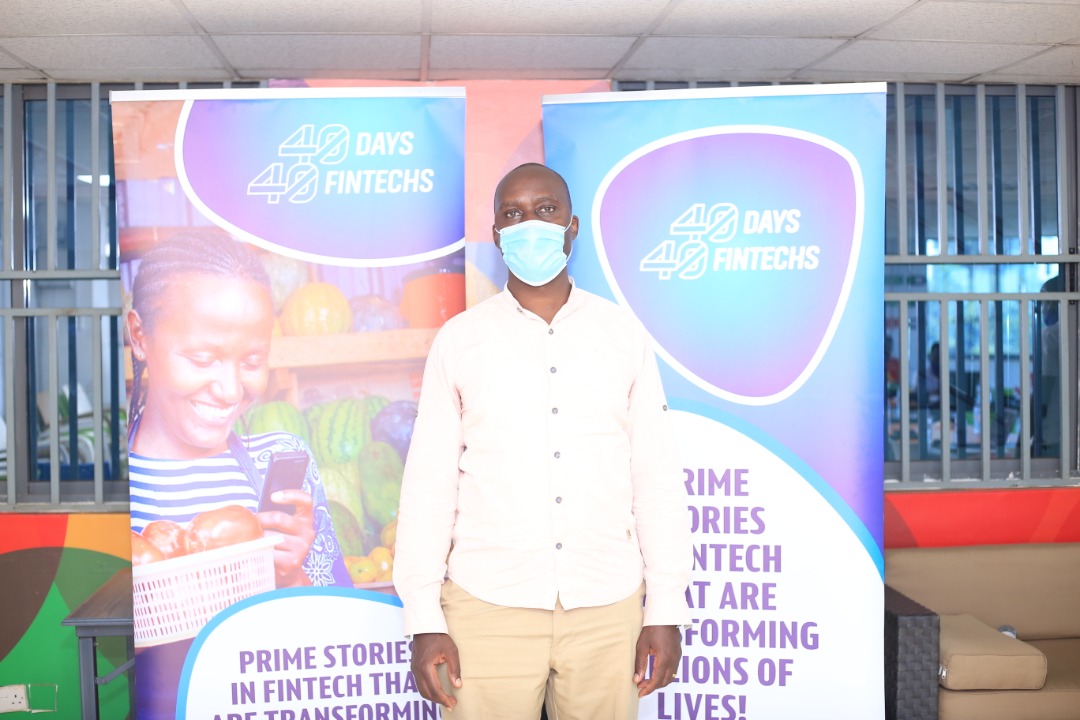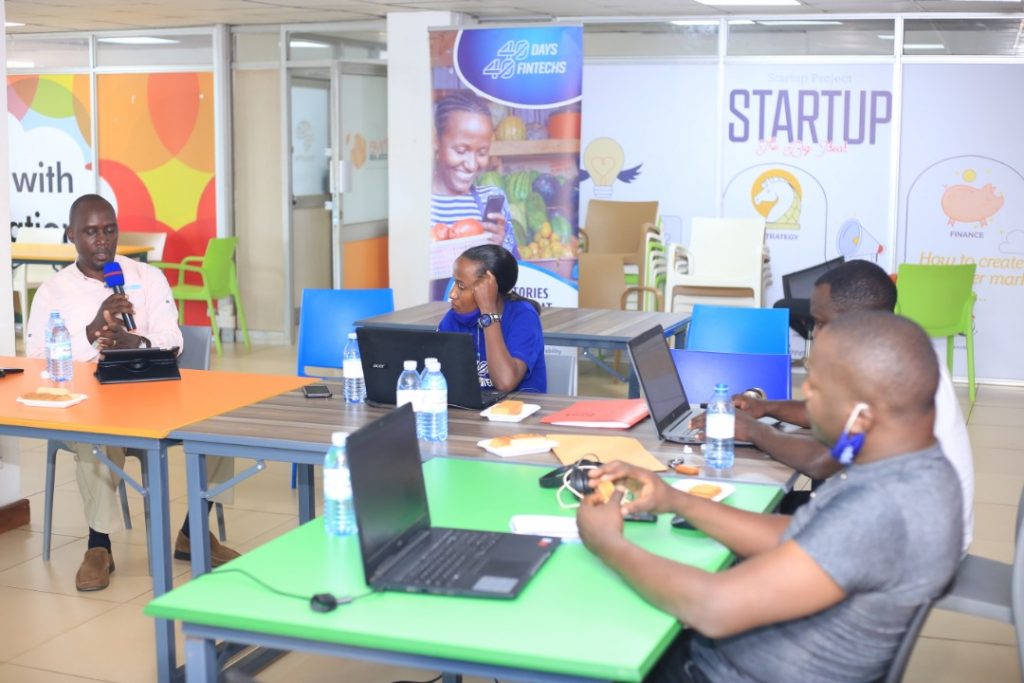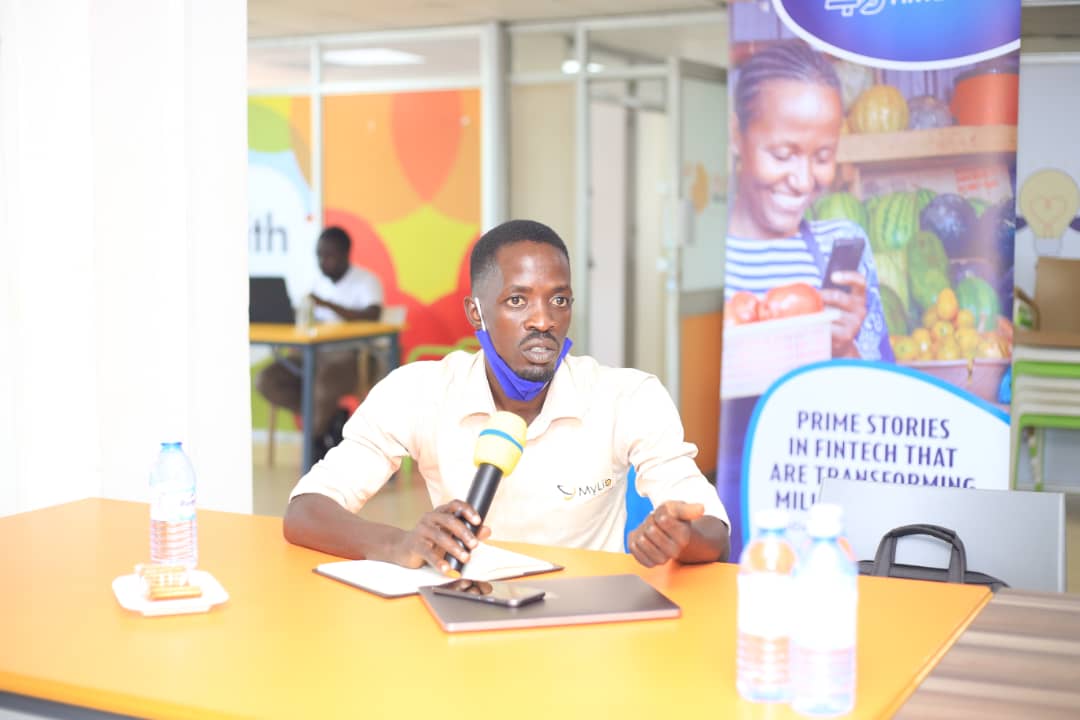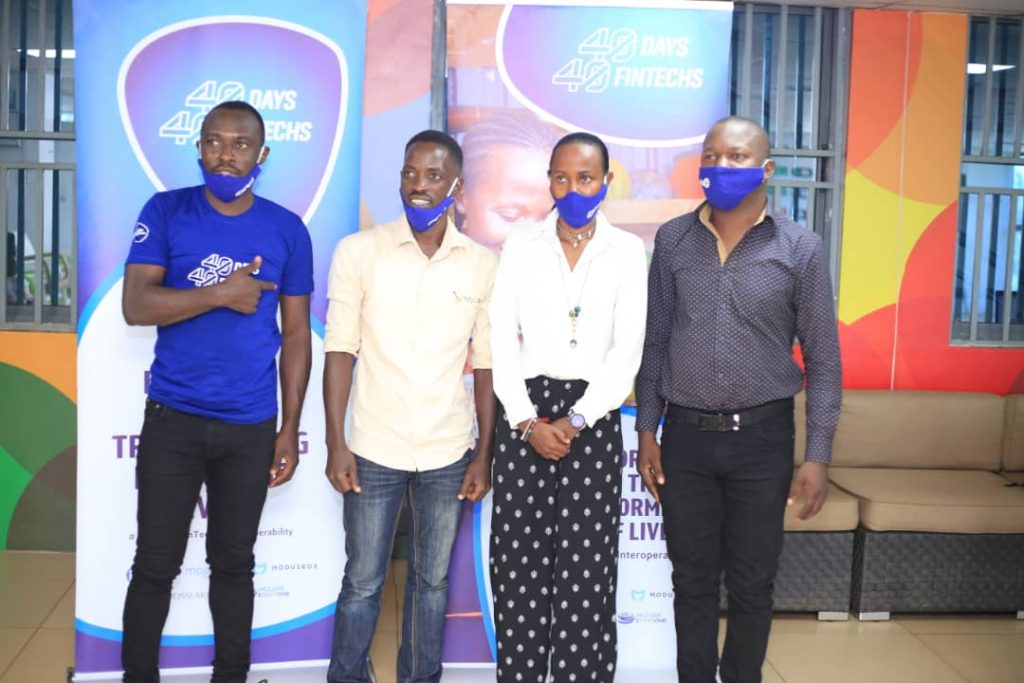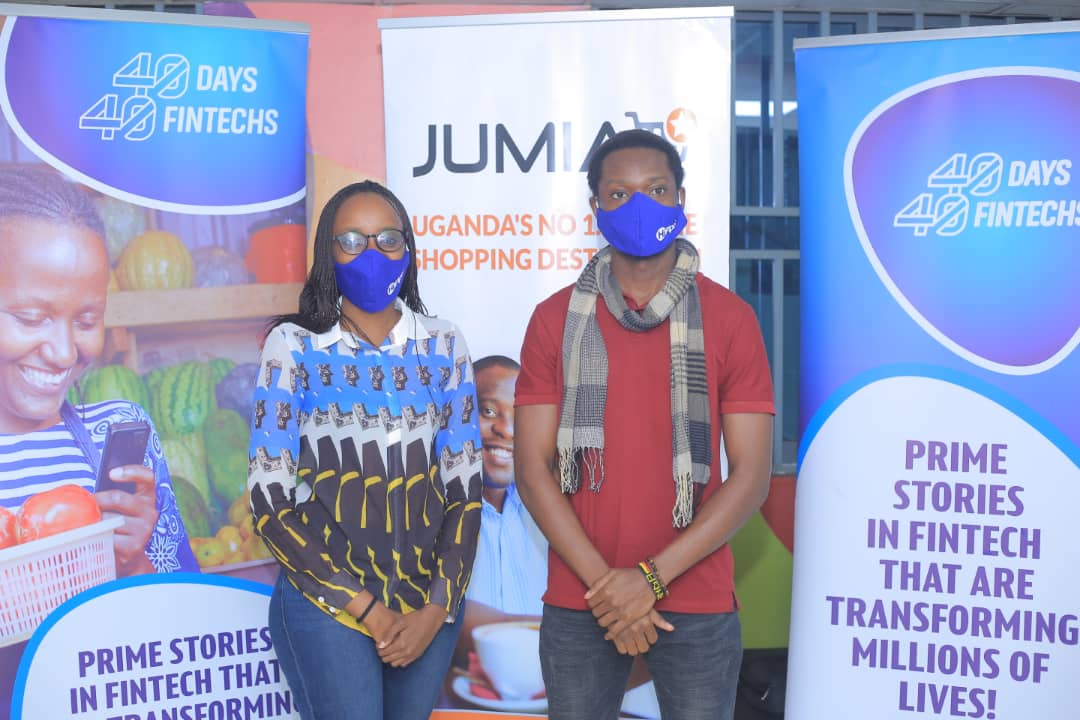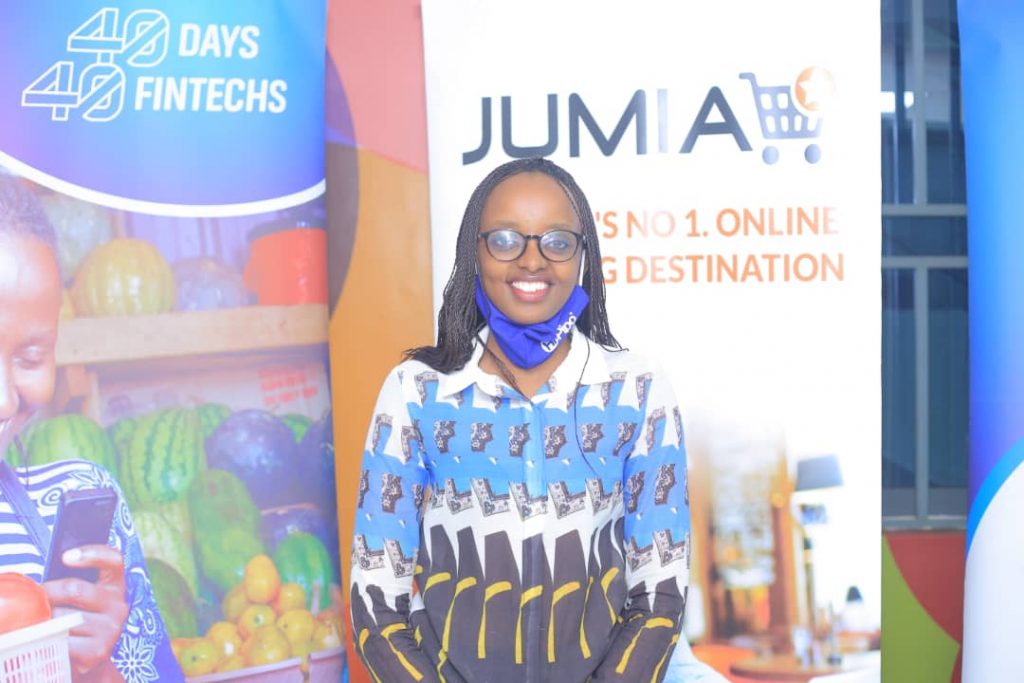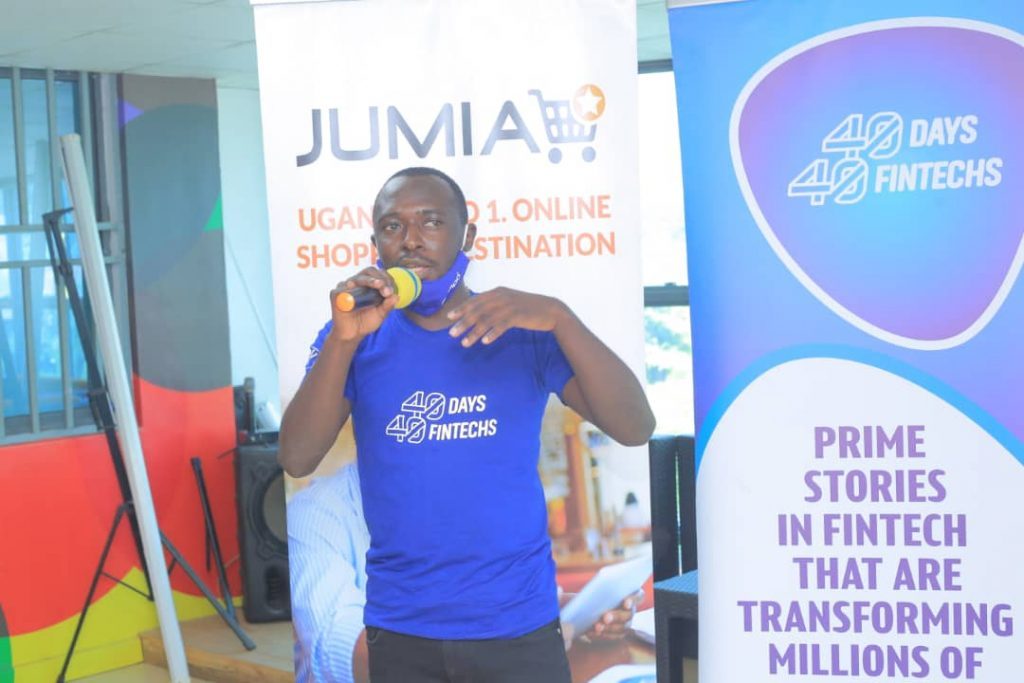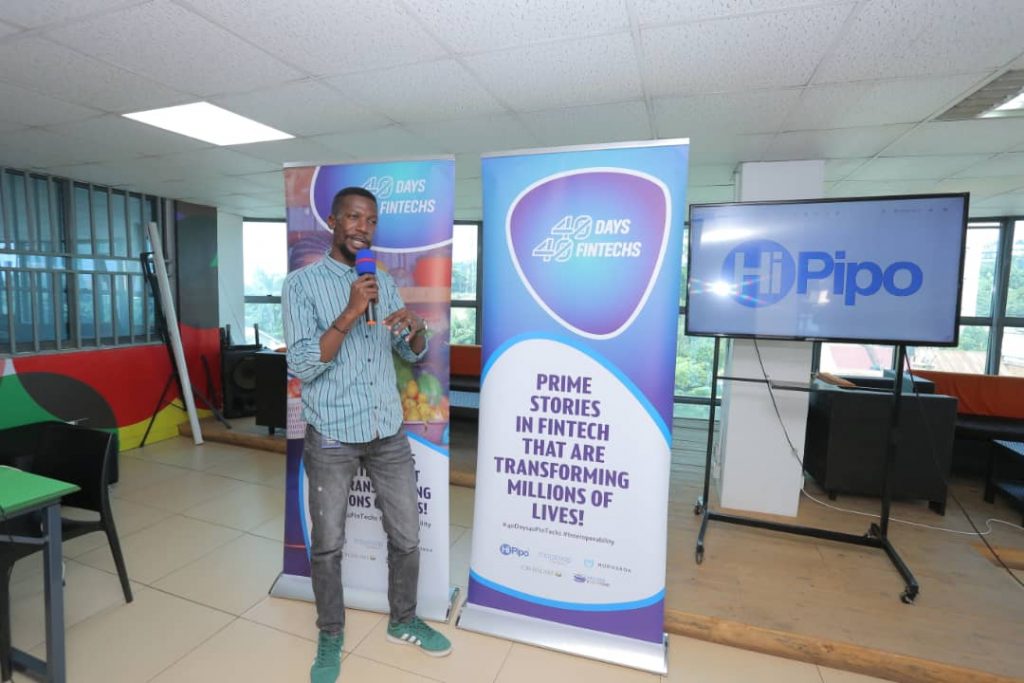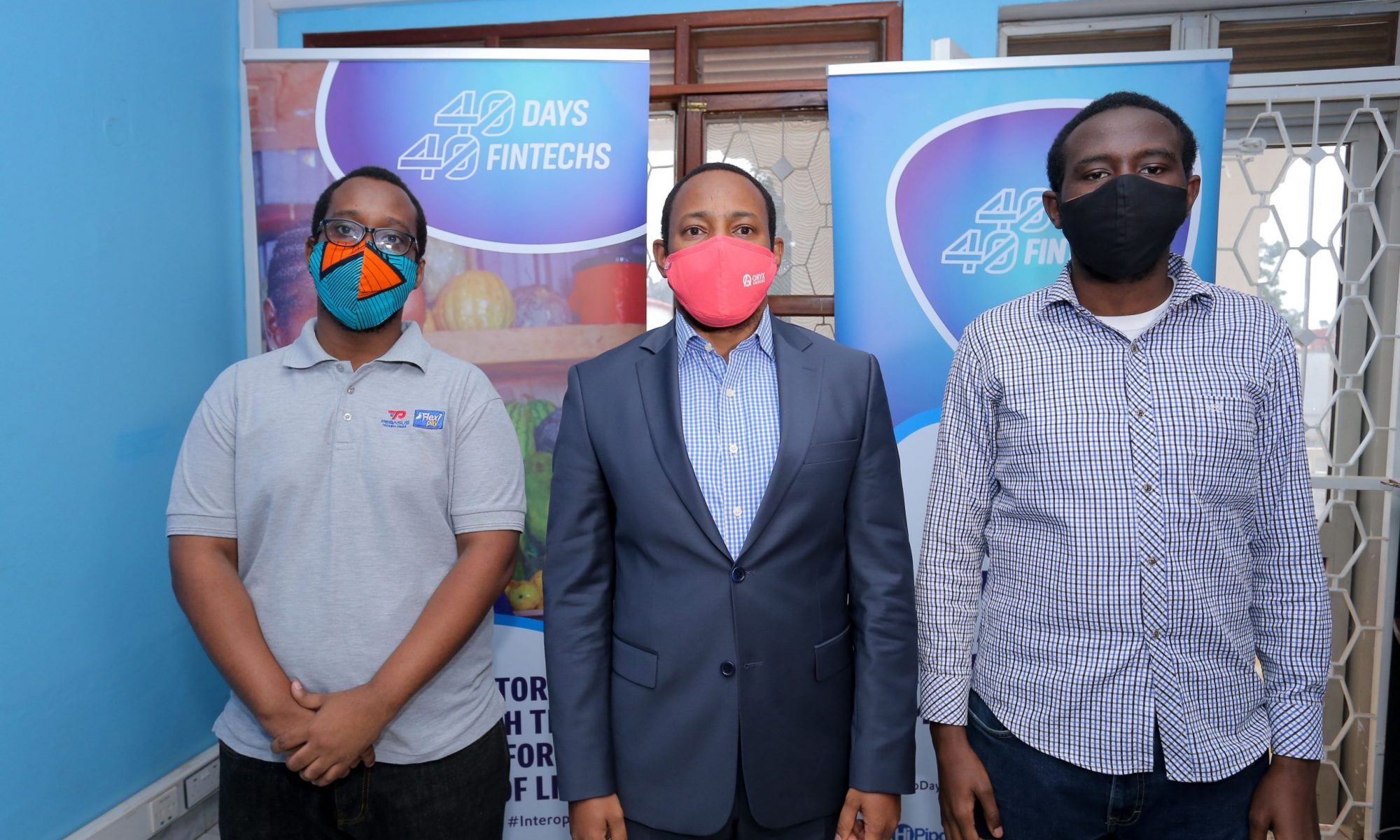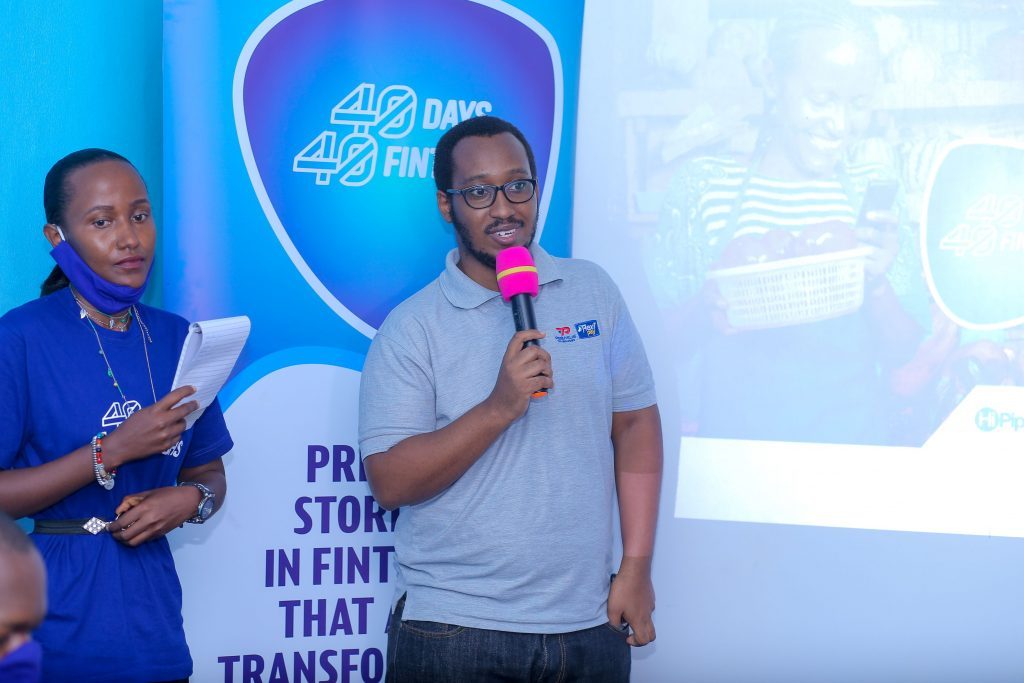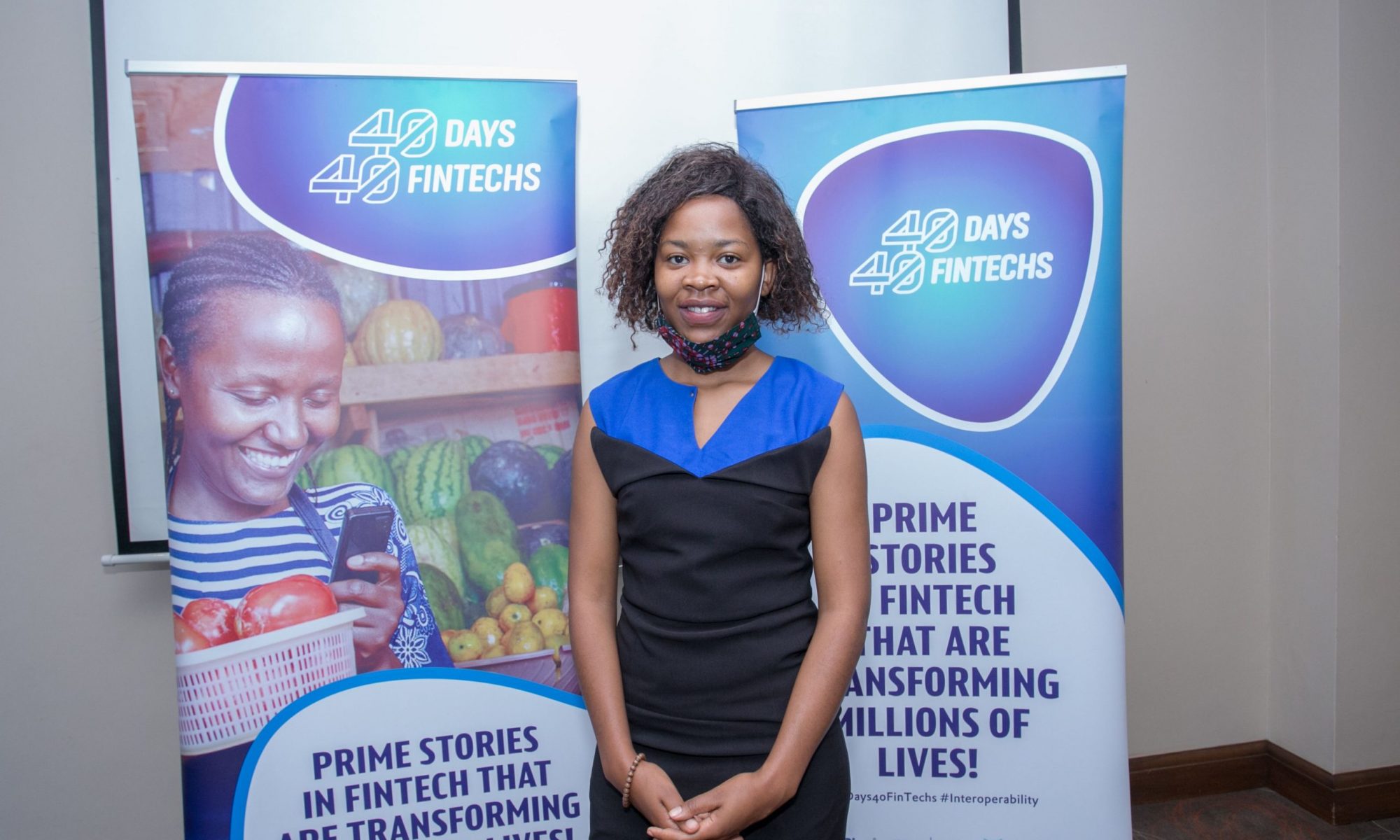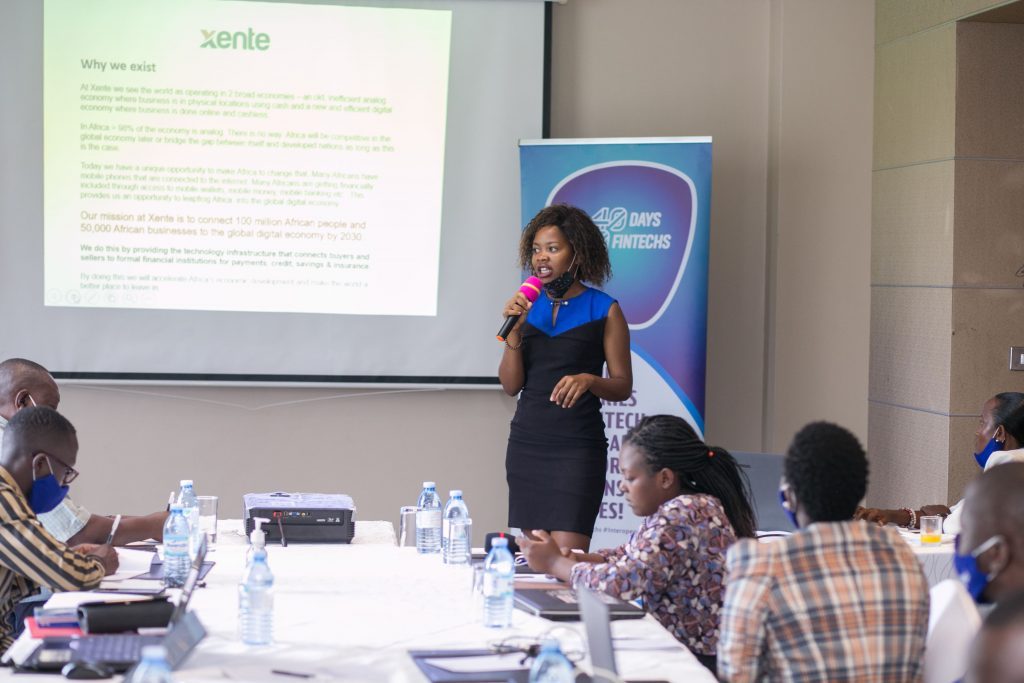Our Reporter.
While the Covid-19 pandemic caught nations unware, paralyzing businesses and service provision in many countries, it also sparked off a wave of invention as people thought of innovative ways to remain relevant even during the lockdown.
Among the innovations that emerged during the lockdown in Uganda was the Gombe Education Service (GES) Online School, an online learning programme offering education to all learners aged four to twenty years.
According to the Yeeko Nkono, the GES Online School Coordinator, the programme was birthed on June 9, 2020 as a mitigation measure to bridge the education gap created by the Covid-19 outbreak that compelled the government to close all education institutions.
Cognizant of the fact that learning never stops, GES directors adopted the online learning alternative for pre-primary, primary and high school, which Nkono said is the new normal and user friendly.
“The online learning platform is intended to enable learners, irrespective of where they are, to continue interacting with the facilitators and learn,” Nkono said during an interaction with HiPipo during the ongoing 40-days-40-FinTechs initiative.
He added: “We seek to empower a community that fosters global change through digital learning and provide quality digital education through a flexible learning environment to produce competent global citizens.
The non-contact platform ensures continuous learning and encourages effective facilitator – learner interaction.
“With this boundless, secure and safe learning environment, we think we are bridging the gap between the physical school and learners’ needs and also help learners embrace digital literacy as a core skill of globalization while providing quality, flexible, accessible and equitable digital learning,” he said.
Nkono noted that the programme initially started as a system where children would learn using videos, PDFs and word documents but later realised that parents were looking for something that is more engaging and interactive, thus the adoption of an online platform.
Learners are taught using live videos via zoom, enabling them to have an interaction similar to a physical one. Learners are also given assignments via the Edmodo platform to assess their understanding of the subjects taught.
Advantages
The platform allows parents to choose a programme that is healthy and convenient, offers all subjects unlike when one gets a single teacher, whose skill might be in one or two subjects, to coach their child.
Additionally, the programme allows parents to choose a financially friendly programme that enables their child share learning experiences with others. Facilitators, who are drawn from different schools, are also able to choose a flexible working environment.
This EduTech platform has introduced mobile money as their collection channel for students’ fees while its teachers are equally paid weekly via mobile money.
The HiPipo CEO, Innocent Kawooya commended GES Online School for the innovation, saying that it is an innovation that will remain relevant event post Covid-19 because education never stops.
“We celebrate you because during this Covid-19 period; though we have seen 32 different stories already, no one has come with a specific case that solves the immediate problem of what our children are facing; where 15 million Ugandans are not at school today,” Kawooya said.
He, however, urged them to sacrifice a bit more by investing more in technology, saying that the opportunity they have doesn’t fix only the problem of Covid-19 but has a potential to continue even post Covid-19.
“We all know that some children, even under normal circumstances need extra education which parents always look for by getting a teacher to coach their children but that teacher doesn’t cover all subjects.
“Thus, GES online services is not only a solution for children studying because there is Covid-19 now, it is a solution that is supposed to have lived around our education system for a long time because when you go to Europe or America, this solution is existing; people have access to information and education anytime,” Kawooya said.
He noted that bringing tutors in one basket and utilizing their expertise to deliver education through one portal to learners in different parts of the country is some kind of interoperability, a concept that HiPipo is advancing, together with Crosslake Tech, ModusBox and Mojaloop Foundation, under the 40-days-40-FinTechs initiative.
The initiative seeks to enable FinTechs to innovate solutions that facilitate cross-network financial transactions at minimal risks to enhance access to financial services.
Running for 40 days, the project will see the participating 40 FinTechs acquire interoperable development skills to improve access to financial services, using the Mojaloop open source software.

